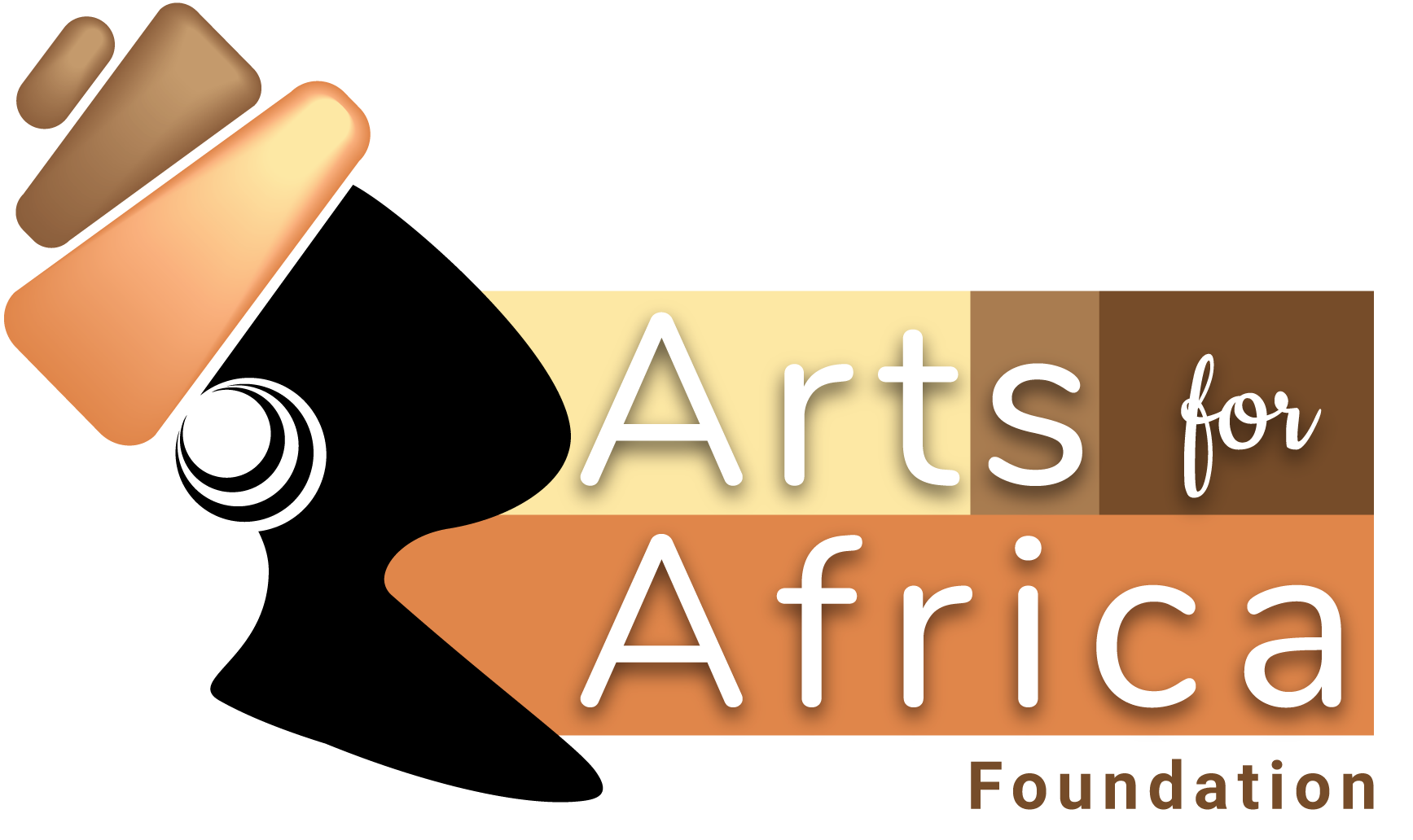BOTSWANA
The story behind the weavers...
Traditional basket weaving skills were introduced into Botswana by the Hambukushu tribe from Southern Angola.
In 1967, as a consequence of the war in Angola, more than 3000 Hambukushu people fled their homes and settled along the western fringes of the Okavango panhandle in Botswana. The Bayei, a peaceful people who inhabited this region not only accepted, but also supported the severely weakened refugees. The Bayei chief created 13 settlements for the uprooted newcomers in the Etsha region and gave them plots of land. Over the following decades, the Hambukushu have integrated well with the Bayei people, occupying themselves with farming, fishing, brick-making, bee-keeping and basketry…

The weaver's yourney
It is not entirely clear to us whether all of the basket designs have originated entirely in Botswana or perhaps do share some Angolan influences. Either way, the baskets are a fine example of successful cultural integration in Africa.Today, the Bayei women continue to perfect the art of basket weaving. Botswana’s traditional baskets are amongst Africa’s finest and most exquisite traditional art forms.
ZIMBABWE
Kariba, land of the Tonga...
The Tonga people have farmed the lands on both sides of the Zambezi river for generations. For many, this way of life came to an abrupt end with the completion of the Kariba dam in the late 1950’s. Inundating over 5,500km of land, lake Kariba led to the displacement of an estimated 30,000 Tonga people. They lost their fertile lands and the Tonga in Zimbabwe were cut off from those on the Zambian side. The Tonga on the Zimbabwe side were forced to settle in the district of Binga, where life has been harsh. Most live in isolated homesteads, deep in the bush. Today, the Tonga are amongst the poorest people in Zimbabwe. They may have lost their land, but not their dignity. Despite the challenges they face, the Tonga people are well known for their basketry skills, which they use to support their families and way of life.

 © Stichting Arts for Africa | KVK 63937611
© Stichting Arts for Africa | KVK 63937611
Terms & Conditions | Privacy Statement
info@artsforafrica.nl
